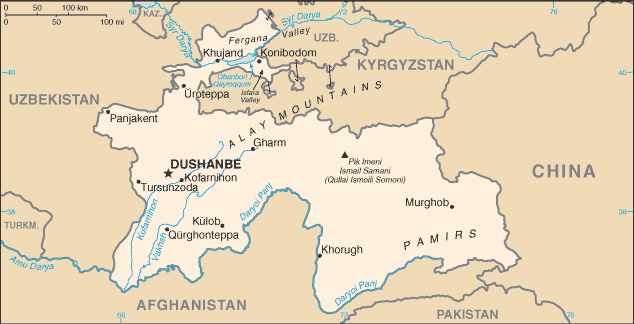A Special, Emergency Election for Interpol
Cover Image source: Image courtesy of Interpol via REUTERS, © 2018, all rights reserved.
On November 21st Interpol was forced to hold a special election to replace former President Meng Hongwei after his suspicious disappearance in China earlier this year. The two candidates, Aleksandr Prokopchuk of Russia and Kim Jong Yang of South Korea are both career law enforcement officials and veterans of Interpol’s inner workings. Despite both being career police officers, Prokopchuk and Yang hail from completely different backgrounds. Their backgrounds and ideologies resulted in the election becoming a referendum on the future direction of Interpol.
Alexander Prokopchuk’s career began in the 1990’s in Russian regulatory and law agencies where he steadily rose to his current rank of Police Major-General. He then was elected to as one of Interpol’s vice-presidents in 2016. As one of the senior figures in Russia’s Interpol branch, Mr. Prokopchuk has been accused of using Interpol’s ‘red notices’ to harass political opponents of Vladimir Putin. The most notable incident came earlier this year when Bill Browder, a highly-prominent Putin critic, was briefly detained in Spain because of a Russian issued red notice. The United States and others campaigned against Mr. Prokopchuk because of doubts regarding his commitment to neutral and just law enforcement around the world. American Senators likened the possible election of Mr. Prokopchuk to “…putting a fox in charge of the henhouse.” Prior to the vote, Mr. Prokopchuk seemed poised to become Interpol’s next president, until traditional democracies threw their weight behind the less controversial candidate—Mr. Yang.
In contrast to Mr. Prokopchuk’s chequered past, Kim Jong Yang was the traditional candidate who would, presumably, follow the status quo of Interpol’s inner workings. Mr. Yang’s career has included being the chief of police for South Korea’s largest province and working with other nations to implement South Korean policing tactics. Most recently Mr. Yang served as Interpol’s vice president for Asia and acting president in light of Mr. Hongwei’s disappearance. Mr. Yang also oversaw Interpol’s National Central Bureau in South Korea. The United States and similar countries threw their support behind Mr. Yang’s bid to protect the neutrality of Interpol.
The election highlighted the growing divide between Russia and the West. Russian senator Vladimir Dzhabarov said that the United States “crudely interfered in the elections of the president of this international organization” when asked about Mr. Yang’s election. Aside from the comment made be American Senators, one of Putin’s critics likened it to “putting the mafia in charge,” and a British lawmaker said a Prokopchuk presidency would be a mockery of the organization. In the highly politicized election, some member states openly questioned their future in the organization. In the end, Mr. Yang prevailed which has allowed the West to breathe a sigh of relief as their candidate will be president for the next two years.
Image courtesy of the Korean National Police Agency, © 2018, all rights reserved.
Despite Mr. Yang defeating Mr. Prokopchuk by the required, secret ballot, two-thirds majority in Dubai there are unresolved tensions amongst member states as what the organization’s direction should be. Russia has sought to increase its influence in Interpol to the chagrin of the West. Russia’s actions on the world stage have reflected Putin’s desire for to restore Russia’s political standing and Mr. Prokopchuk was another attempt to add to Putin’s influence. Meanwhile, the United States’ and others are still trying to tame and control Russia’s, and to an extent China’s, growing influence in international organizations. In this case, Mr Prokopchuk represented a possibility for Interpol to work for governmental interests, not for just and universal law enforcement. As for Mr. Yang, it is easy to see why he was backed by traditional democracies; he has a long and proven background in law enforcement where he has not been accused of using his authority for nefarious purposes. Furthermore, Mr. Yang is widely regarded as someone who will maintain the status quo of the organization and not shift the policy in any significant way.
The emergency election to decide Interpol’s 87th President was a politically contentious one, but the election charted Interpol’s course for next two years. In all likelihood, Mr. Yang will be a neutral leader without political motivations. His election has put off the question of Interpol’s future direction until the General Assembly holds presidential elections in 2020. Nonetheless the tensions that arose in Dubai have not been resolved, and one cannot say for certain if Interpol will eventually become a tool for authoritarian governments to persecute opponents, or if it will remain an independent organization committed to upholding the rule of law.




